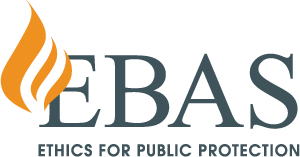Home
Assessment categories
How we help boards
How we help professionals
Industries we serve
Contact
Login

Range of Ethical Assessments
EBAS offers a wide variety of ethical assessments designed specifically for different industries.
Discover More →


